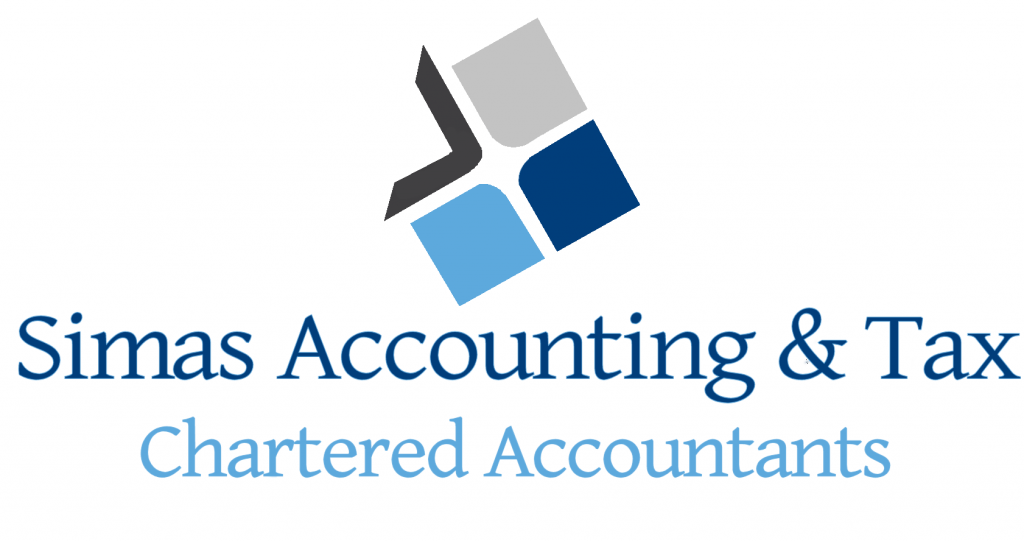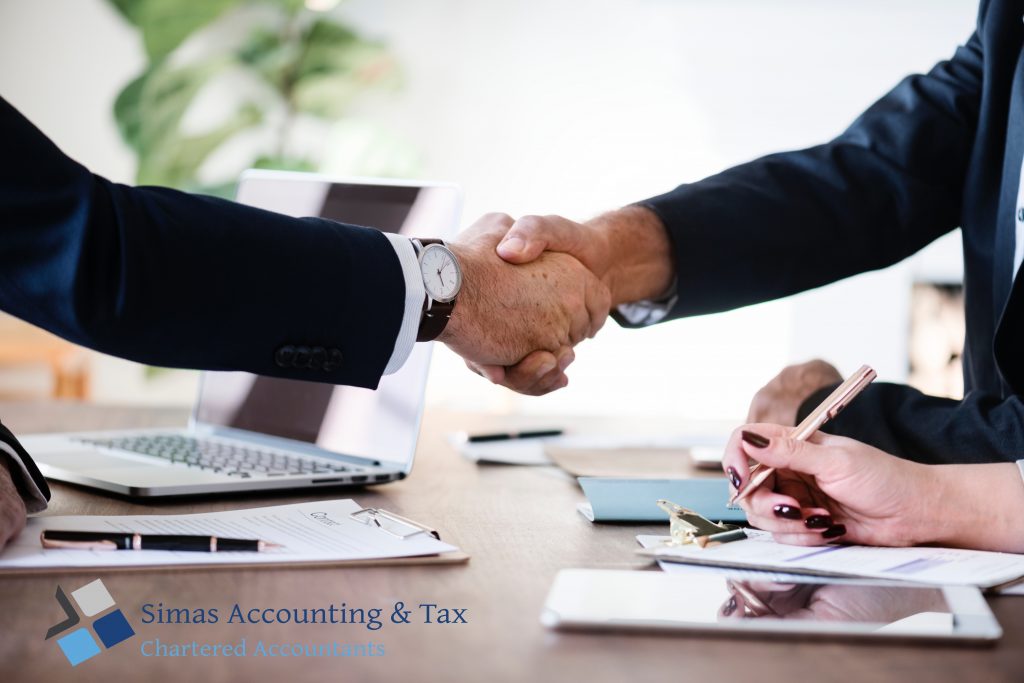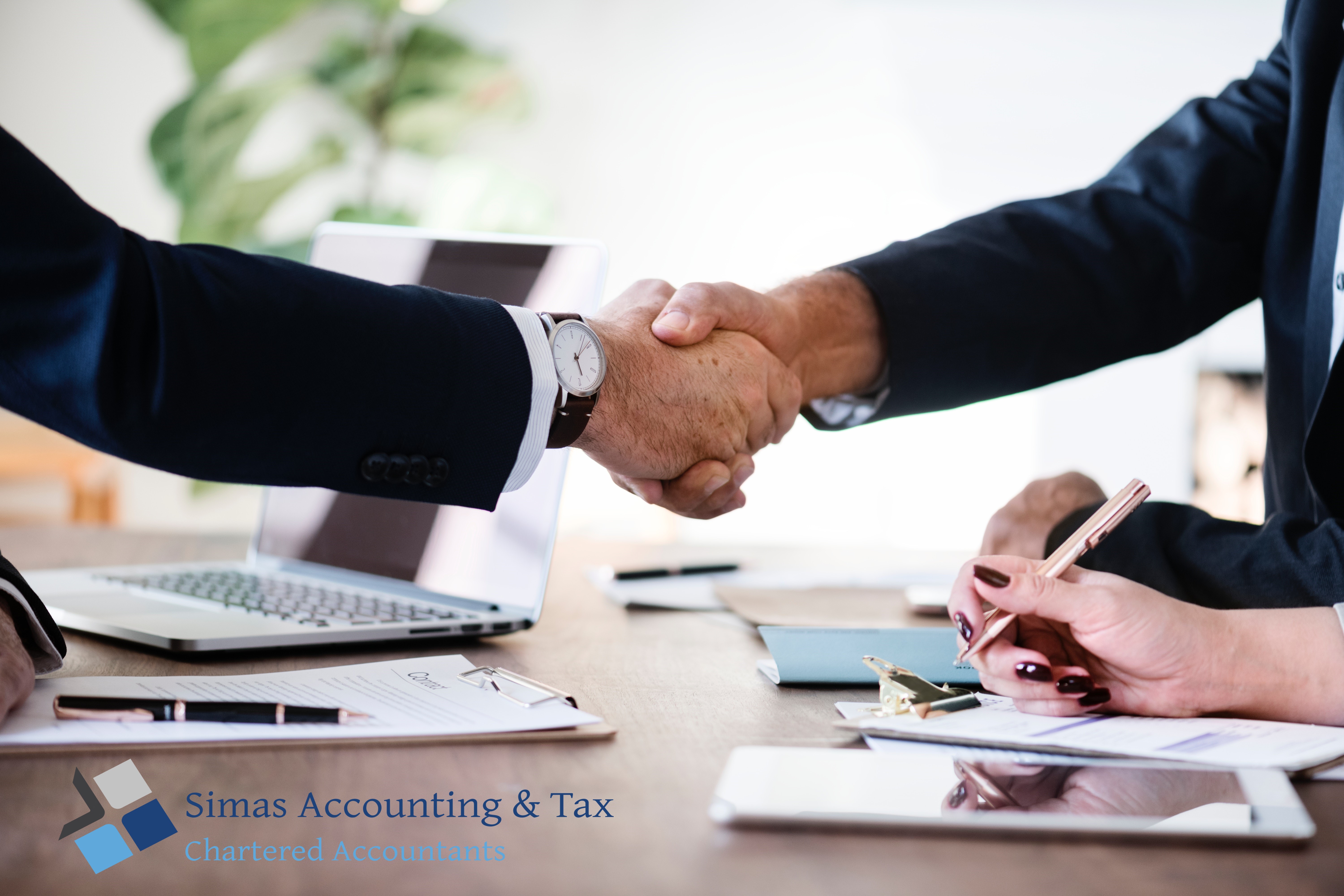Valuing Your Business – The Essential Guide
28th June 2019Valuing and then selling your business is one of the most important things you’ll ever do as a business owner. Be pragmatic and don’t start out expecting your business to sell for an unrealistic amount. Never let your business go for less than it is worth.
Most valuations will take into account tangible assets and intangible elements (or perceived value). If your business has a lot of tangible assets such as a property company, an asset valuation will give you the net realisable value of all assets minus the total value of liabilities.
Using A Formula
However, a common approach used to value a business in most industry sectors is called Earnings Multiples. This is a formula for how to value a business based on a multiple of net profits (the Price/Earnings (P/E) ratio representing the value of the business divided by its post-tax profits).
The multiplier figure often varies dependent on your industry sector. However, your accountant should be able to provide you with some guidance.
Certain industries, such as IT and technology will usually command a higher ratio than bricks and mortar businesses like cafés or retail shops. If the business is very reliant on one main product, or has a small number of key executives for example, the higher the risk of buying the business which will also mean a lower P/E ratio.
When the business is not dependent on the owner, it is more valuable and as a result, an owner-run business can ask for a higher multiple when there are staff who are able to run the business when the owner is not there.
If the business has a unique system that sets it apart from the competition, that increases the multiplier further.
The next level of increase comes by having the business be capable of bringing substantial new product ranges to market.
After that comes the ability to create new distribution channels that bring new clients to the business.
Then, if the business creates a strong brand that affects everything about the business, the multiplier increases still further.
The multiplier peaks when the business proves that it is scalable and could be rolled out nationally, for example.

In Summary
Bear in mind though that ultimately the selling price is what someone is willing to pay. The Multiple Earnings method of how to value a business will typically provide a valuation of between five to eight times its annual post-tax profit, but there are many cases where external factors (e.g. current economic climate, company reputation, reason for sale, and so on) override the calculation.
So if you are considering selling your business, it is sensible to include or estimate the effect of such external factors when coming to a final valuation.
For help valuing your business, get in touch today.






